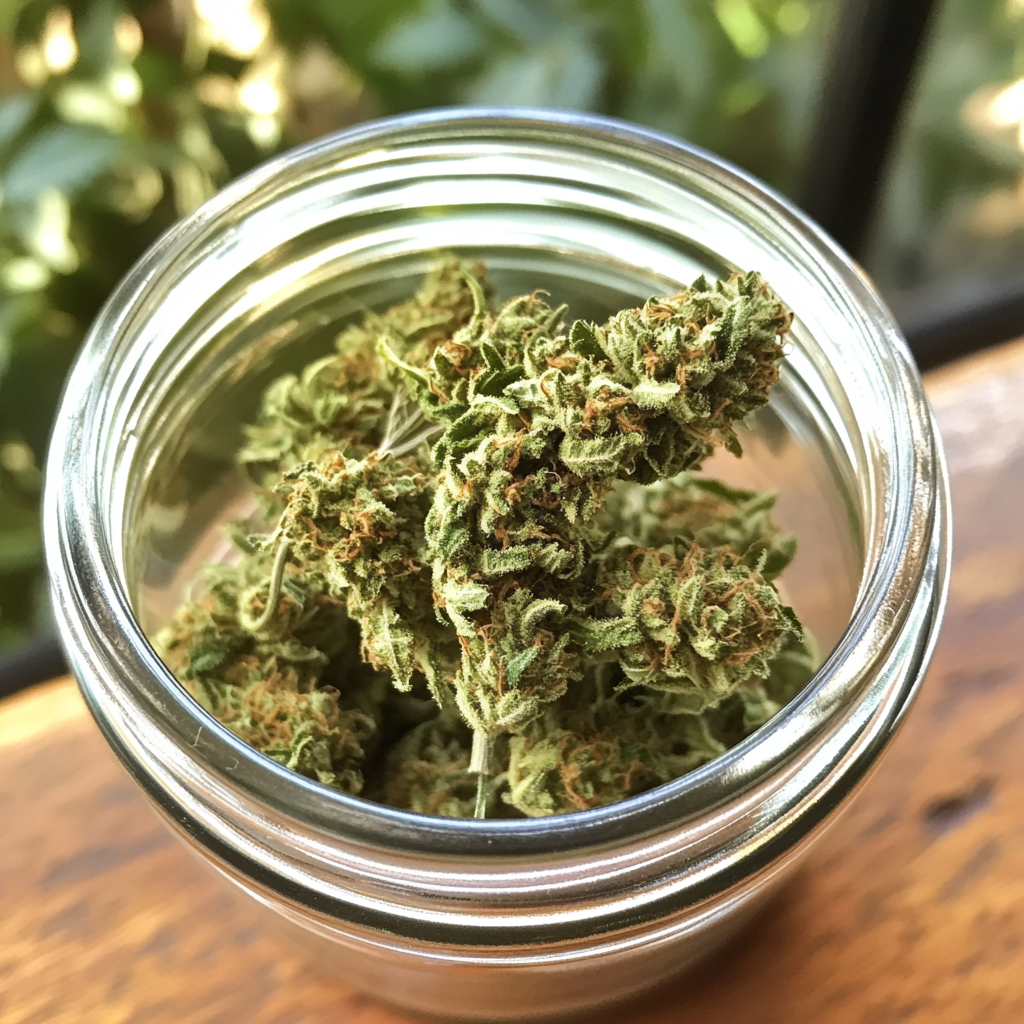THCa Flowers: A Natural Healing Option
In recent years, the interest in natural remedies has surged, with many individuals seeking alternatives to traditional pharmaceuticals. Among these natural options, THCa flowers have emerged as a promising choice for those looking to harness the healing properties of cannabis without the psychoactive effects commonly associated with THC. This article explores the potential benefits of THCa flowers, supported by research and real-world examples.
Understanding THCa: The Precursor to THC
THCa, or tetrahydrocannabinolic acid, is a non-psychoactive cannabinoid found in raw cannabis plants. Unlike THC, which is known for its mind-altering effects, THCa does not produce a high. This makes it an attractive option for individuals seeking therapeutic benefits without the psychoactive experience.
When cannabis is heated through smoking, vaping, or cooking, THCa is converted into THC through a process called decarboxylation. However, when consumed in its raw form, THCa retains its non-psychoactive properties, offering a different set of benefits.
Potential Health Benefits of THCa
- Anti-inflammatory Properties: Research suggests that THCa may have significant anti-inflammatory effects, making it a potential option for individuals with conditions such as arthritis and inflammatory bowel disease.
- Neuroprotective Effects: Some studies indicate that THCa may offer neuroprotective benefits, which could be beneficial for individuals with neurodegenerative diseases like Alzheimer’s and Parkinson’s.
- Anti-emetic Properties: THCa has shown promise in reducing nausea and vomiting, particularly in patients undergoing chemotherapy.
- Appetite Stimulation: While THC is known for increasing appetite, THCa may also play a role in stimulating hunger, which can be beneficial for individuals with eating disorders or those undergoing treatments that suppress appetite.
Case Studies and Real-World Examples
Several case studies highlight the potential of THCa flowers as a natural healing option. For instance, a study conducted by the University of California found that patients with chronic pain reported significant relief after incorporating THCa into their treatment regimen. These patients experienced reduced pain levels without the psychoactive effects of THC, allowing them to maintain their daily activities without impairment.
Another example comes from a patient with Crohn’s disease who reported a marked improvement in symptoms after using THCa-rich cannabis. The anti-inflammatory properties of THCa helped reduce intestinal inflammation, leading to a better quality of life for the patient.
Scientific Research Supporting THCa
While research on THCa is still in its early stages, several studies have provided promising results. A study published in the British Journal of Pharmacology highlighted the anti-inflammatory and neuroprotective properties of THCa, suggesting its potential as a therapeutic agent for various conditions.
Additionally, research conducted by the University of Guelph in Canada found that THCa exhibited anti-emetic effects in animal models, supporting its use in managing nausea and vomiting. These findings pave the way for further exploration of THCa’s therapeutic potential.
How to Use THCa Flowers
For those interested in exploring the benefits of THCa flowers, there are several methods of consumption:
- Juicing: One of the most popular ways to consume THCa is by juicing raw cannabis leaves and flowers. This method preserves the cannabinoid’s non-psychoactive properties while providing a nutrient-rich beverage.
- Topicals: THCa-infused creams and balms can be applied directly to the skin, offering localized relief for pain and inflammation.
- Tinctures: THCa tinctures can be taken sublingually, allowing for quick absorption into the bloodstream without the need for heating or smoking.
Legal Considerations and Availability
The legal status of THCa flowers varies by region, as cannabis laws differ worldwide. In areas where cannabis is legal for medical or recreational use, THCa products are often available at dispensaries. It’s important for consumers to research local regulations and consult with healthcare professionals before incorporating THCa into their wellness routine.
Conclusion
THCa flowers offer a promising natural healing option for individuals seeking the therapeutic benefits of cannabis without the psychoactive effects. With potential applications in managing inflammation, neurodegenerative diseases, nausea, and appetite stimulation, THCa presents a versatile alternative to traditional treatments. As research continues to uncover the full range of benefits, THCa may become an increasingly popular choice for those looking to enhance their well-being through natural means.
